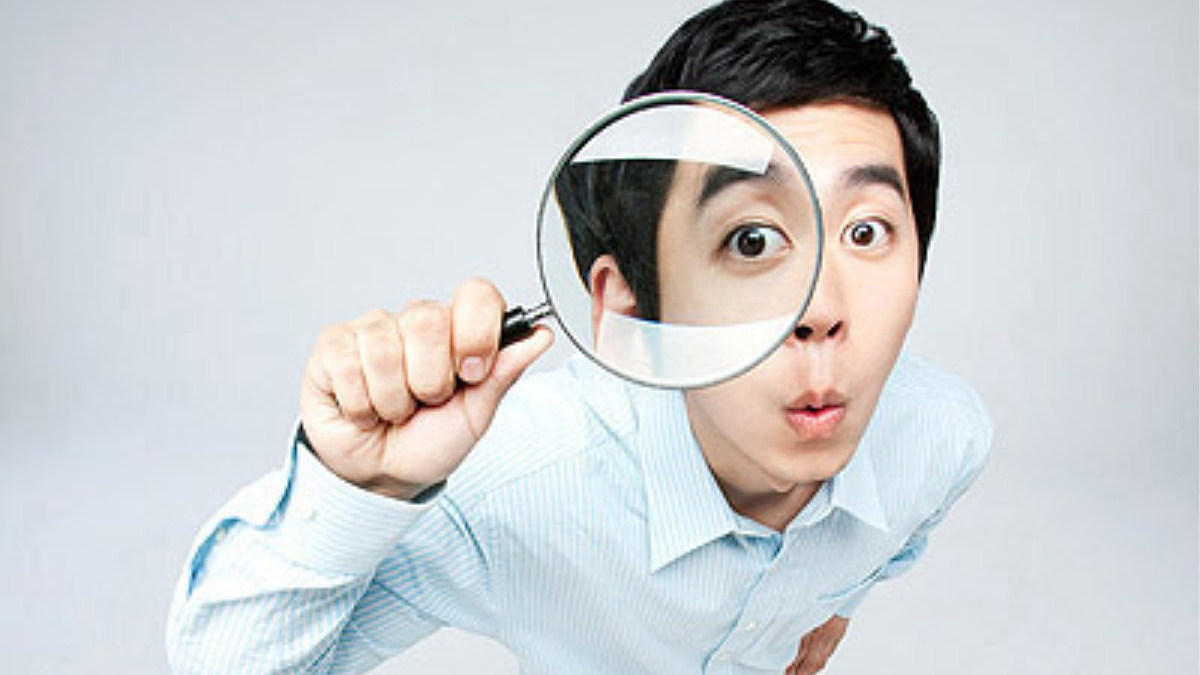“The important thing is not to stop questioning. Curiosity has its own reason for existence.” – Albert Einstein
Think about children for a minute. They’re naturally curious, imaginative, and always learning, always looking for new experiences and information. They know what they want, and they chase after it wholeheartedly. Does you hear your childhood self in this description at all?
There are a lot of good things about “being an adult: the knowledge and experience we gained, knowing what we want and don’t want, the discipline to stick through a task even when we don’t feel like finishing it. Those are things kids aren’t so good at doing. But what about the benefits we’ve lost? Where did that natural curiosity and that vivid eagerness go?
Many motivational experts like to say that leaders are made, not born. I believe we are all natural born leaders, but some of us have been deprogrammed along the way. As children, we were natural leaders – curious and humble, always hungry and thirsty for knowledge, with an incredibly vivid imagination; and we often had the ability to motivate, inspire, and influence everyone around us to help us in accomplishing our mission. So why is this so difficult to do as adults? What happened?
No, Don’t, Can’t
As children, we heard the words, no, don’t, and can’t over and over again. We had to sit silently in classes at school, listening while a teacher lectured on math, history, and grammar. Boundaries are a great thing for kids, and education is important. But they don’t foster curiosity or inspire us to ask hard questions or to seek information beyond what we’re given, and those things are an essential part of a great leader.
Recapture Childhood Curiosity
To be a great leader, one of the things we need to do is unharness that curiosity we had as a kid. We need to give ourselves permission to ask questions, to not only think outside the box, but also to ask questions without easy answers.
Give yourself permission to not know the answers. Ask for help. Consult the experts. Educate yourself. Seek new knowledge and information and give your team permission to do the same. Your openness and willingness to be wrong or to learn new things will give them confidence and inspire them to do the same. No one likes working for someone who thinks they know everything and are right all the time.
So unleash your inner child. Tune out your fears and tune into your curiosity. Embrace the journey toward greater knowledge. Let it transform your leadership capabilities.
Tools for Success
If you’re interested in learning more about how to maximize your leadership impact, you need to try our leadership assessment and development tool, the DISC (What’s Your Color?) Leadership Assessment. Take the test today and get your personalized report detailing your leadership strengths and weaknesses as well as exercises and development plans to help you gain the greatest increase in leadership performance.
Ingrid Kelada
Business Psychologist/Happiness Expert
KCC Inc.





